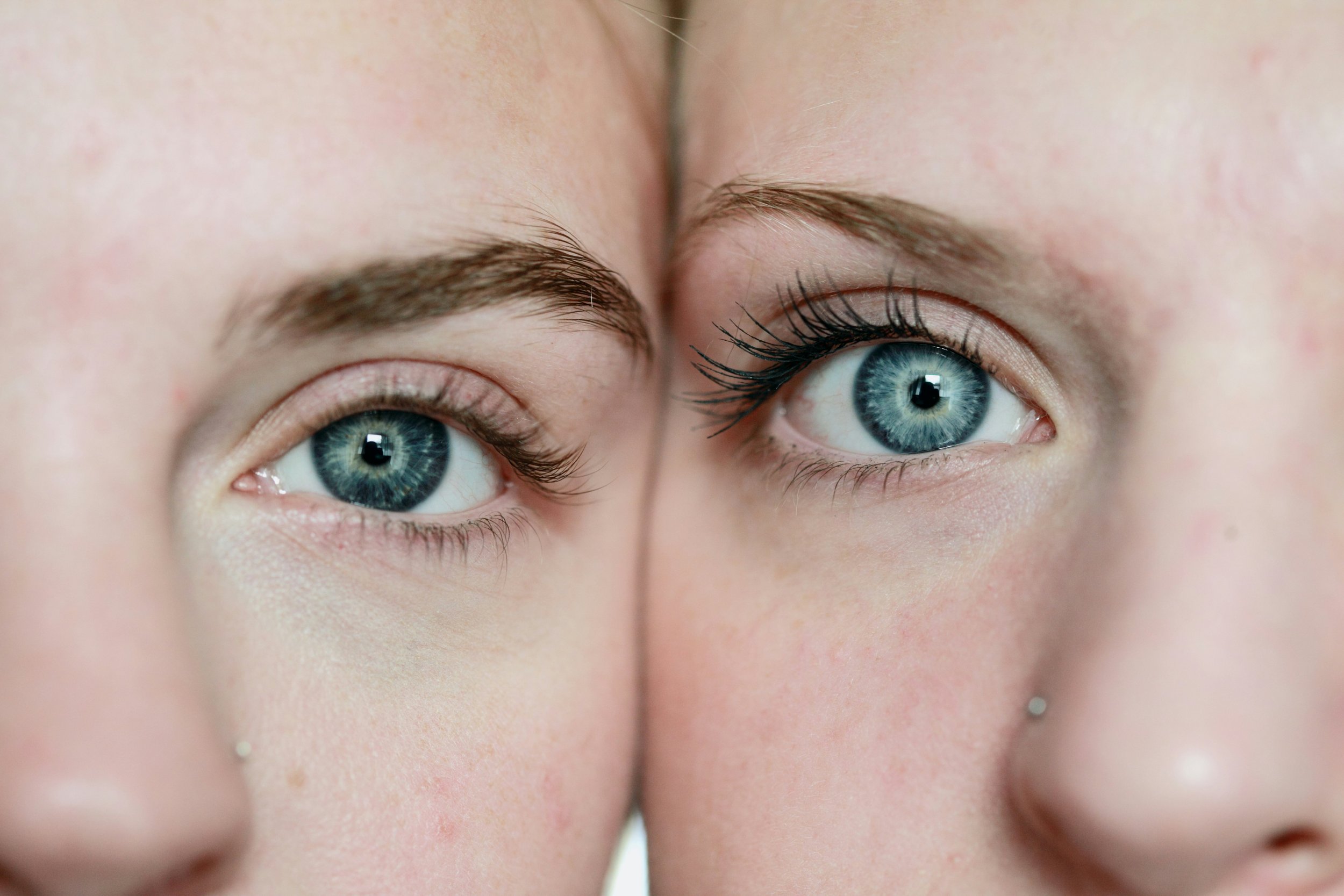Blog

The Role of the Immune System in Pain Perception: Why "Psychogenic Pain" Is an Outdated Concept
Ever been told that “it’s all in your head” when there’s been no obvious cause to your chronic pain? Perhaps you’ve been referred to a psychologist or psychiatrist when bloodwork and scans don’t reveal anything? Maybe you’ve simply been told that you’re making it all up to get attention?
If you’ve been gaslit in any of these ways, you’re not alone - especially if you’re a woman. While one in five Australians over the age of 45 are reported to experience chronic pain, 40% of women in Australia report chronic pain. This is twice the national average over 45.
What’s more, one in three women with chronic pain report having experienced “insensitive and disrespectful” practitioners.
I experienced this kind of gaslighting when the symptoms I reported to a GP were fobbed off in 2020. Within a week, I had diagnosed my own condition by ordering the same tests privately that he refused to order through the public health system. I then took these results to another GP, who confirmed the diagnosis.
Why are so many of us struggling to get answers when we have chronic pain? And what can we do to reduce chronic pain?

Mast Cells and PMS: Uncovering the Link Between Hormones, Histamine, and NOS3
Do you dread getting your period each month? If you find yourself dealing with irritability, headaches, nausea, bloating, or restless sleep in the lead-up to menstruation, you’re not alone - 30-40% of menstruating women experience clinically significant symptoms related to pre-menstrual syndrome (PMS). I count myself lucky not to be among them, but it wasn’t always this way. In my early teens, and then again in 2018, I would experience symptoms like mood swings, bloating, fatigue, and breast tenderness in the days (and sometimes weeks) leading up to my period.
If this is you, you’ve probably been told “this is hormones”, that it’s just part of being a woman, and that the best way to deal with it is to go on some form of birth control.
This is not strictly true.

Fibromyalgia and the Nervous System
Fibromyalgia is a complex condition that has long been associated with widespread pain, fatigue, and tenderness in muscles, ligaments, and tendons. Despite its prevalence, affecting approximately 2-4% of the population, fibromyalgia remains poorly understood, often misdiagnosed, and difficult to treat with Western medicine.
So what causes fibromyalgia? There’s no straightforward answer to that just yet. But we do know that mitochondrial dysfunction is involved (surprise, surprise!). What’s more, the extent of mitochondrial dysfunction predicts disease severity.
So it’s an issue of metabolism, but how exactly does mitochondrial dysfunction play out in fibromyalgia?

Love, Awe, and Wonder: How High-Intensity Positive Emotions Support Gut Health
Our emotions do more than just shape our thoughts—they also directly influence our physical health. We’ve been hearing a lot in the last few years about the harmful effects that stress and negative emotions have on our health. But what about positive emotions? High-intensity emotions like love, awe, and wonder are equally powerful in shaping our well-being. These emotions don’t just make us feel good; they create measurable changes in the nervous system that impact gut function, immune regulation, and overall digestive health.
Central to this connection is the autonomic nervous system (ANS), which plays a key role in regulating digestion and inflammation.

How to Reverse an Autoimmune Disease
Believe it or not, the very first thing that you need to do to heal from an autoimmune disease isn’t change your diet, do a detox, or pay for expensive testing. Some of these things might come later, but I’m a big advocate of doing something else first. It’s also not trying to figure out what the triggers are, though that too will be an important step in your journey.
The very first thing you need to do heal is to decide to. It’s that simple.

What is Mast Cell Activation Syndrome?
Mast cells are immune cells found in tissues like the skin, lungs, and gut, particularly in areas exposed to the outside world. They’re part of the body’s first line of defence, responding to things like allergens or infections. These cells store chemicals such as histamine, cytokines, and prostaglandins, which they release when triggered. This release helps create inflammation, recruit other immune cells to the site of a threat, and even aid in tissue repair. While this process protects the body, it’s also what causes the symptoms of allergic reactions like swelling, itching, and redness.

Everything You Need to Know About Hypothyroidism and Hashimoto's Thyroid Disease
It’s true that there is no medical cure for hypothyroidism. No pill will give you back your energy and zest for life. However, it’s important to understand that hypothyroidism and Hashimoto’s are lifestyle diseases. The things that cause them are the everyday decisions that you make. Undoing them relies on understanding the cause underpinning your condition. Many factors can contribute (these are the five pillars of Ecological Nutrition), but at the end of the day, it all comes down to oxidative stress and mitochondrial dysfunction (which you can read more about here). Reducing oxidative stress and getting your mitochondria working the way they should is the key unlocking health and wellbeing.

Symptoms of Autoimmune Diseases
Here are the most common symptoms:
Fatigue
Skin rashes, eczema, or hives
Joint pain and swelling
Hormonal imbalances and irregular periods in women
Digestive issues, including bloating, diarrhoea, and constipation
Food intolerances and allergies
Chemical sensitivities
Anxiety and/or depression

Is Hashimoto’s Thyroiditis Genetic?
Hashimoto’s Thyroiditis is genetic, yes, but it’s also epigenetic. This means that it’s a malleable trait. The genes involved don’t stay active all the time. They’re meant to turn on and off in response to signals from the environment and the body. So, while there is a heritable aspect of Hashimoto’s Thyroiditis, there’s also a component that’s largely dictated by the environment. And, while you can’t change your genes, you can change your environment. It is not a life sentence. Far from it…

What’s the Link Between Mental Health and Autoimmune Disease?
Far from being mysterious, there is a very clear link between autoimmune disease and mental health: the autonomic nervous system. The state of your autonomic nervous system reflects both the state of your mental heath and how your immune system is functioning.

